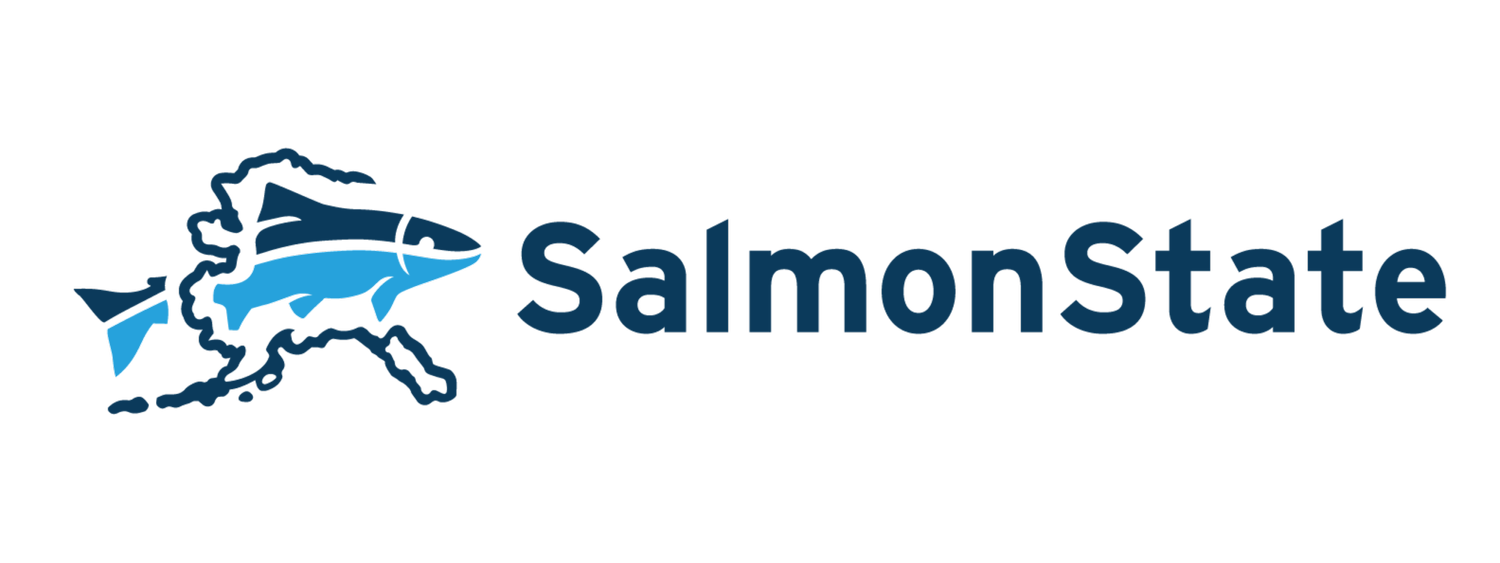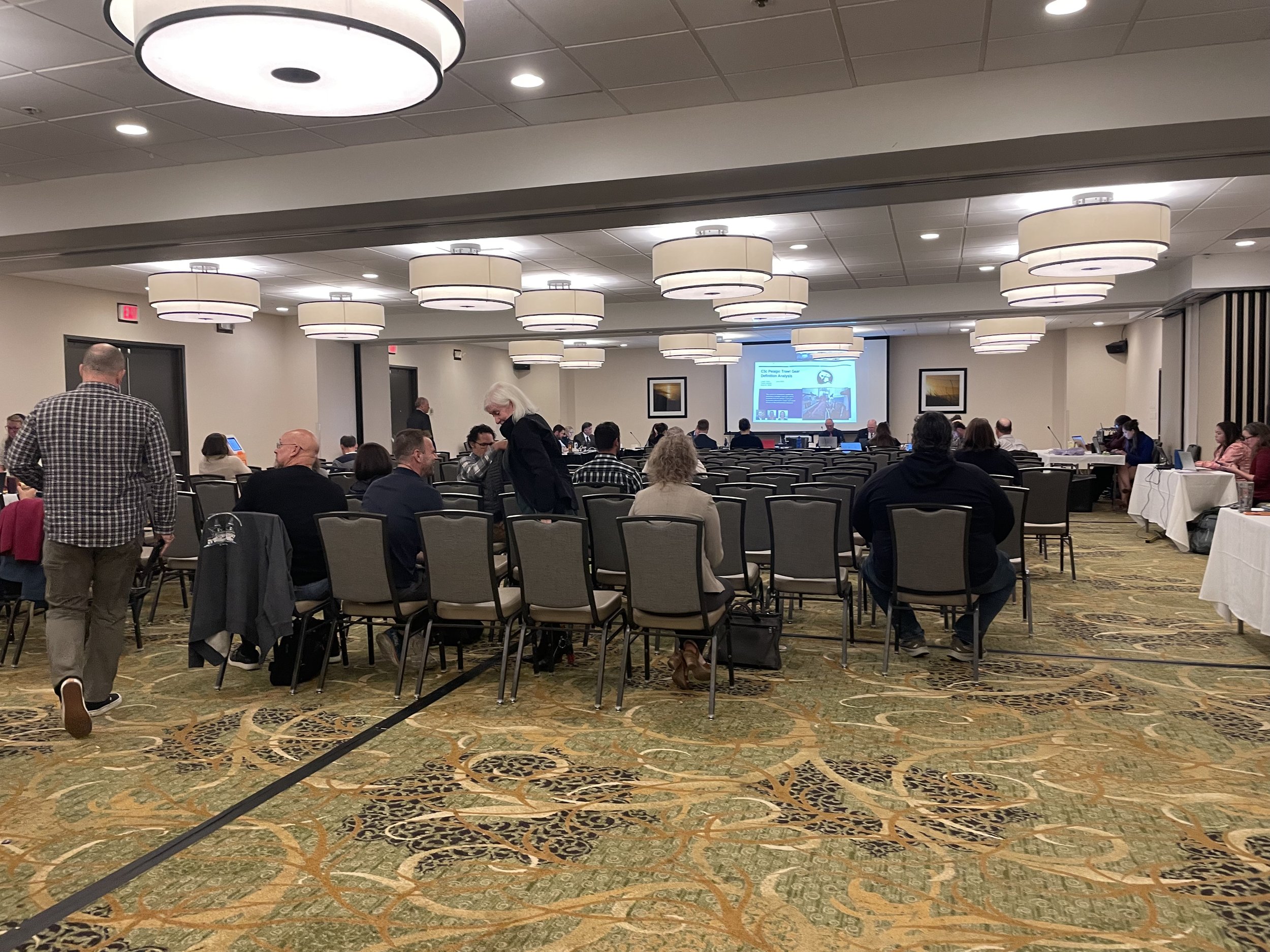Alaskan Frustrations Mount as NPFMC Council Discards Concerns Raised and Continues Pro-Trawl Policies at Meeting Held in Oregon
JUNEAU, AK: A headline in Under Current News published June 9th read: “North Pacific Council Bucks Critics, Preserves Status Quo for Alaska Trawlers”. This is not the news that Alaskan coastal communities and fishermen were hoping for. The North Pacific Fishery Management Council at their June meeting, which ended Tuesday, decided once again to postpone meaningful action to update its definition of “pelagic trawl gear” and continue allowing midwater trawl gear to contact up to 100% of the area fished with the seafloor.
“Far away and out of touch, that’s how I would summarize the recently completed NPMC meeting in Newport, Oregon,” said SalmonState ED, Tim Bristol. “The Council’s inaction in the face of the informed testimony of concerned Alaskans is disappointing but no longer surprising. When common sense adjustments and desperately needed changes to trawling are deemed ‘impracticable’ due to their potential negative impact to trawler profits, it’s hard not to conclude that industry now owns this process.” It is undisputed by industry, Council members, and NOAA fisheries, midwater trawl gear hits the seafloor while trawlers are fishing for pollock. By calling the fishery ‘pelagic’ or ‘midwater’ the public is being deceived as to the nature and impacts of pollock fishing in Alaska’s waters.”
Salmon State’s Ocean Program lead, Jackie Boyer, added: “We are concerned about two primary outcomes of this meeting: One, if it’s dragging on the bottom it’s not midwater trawling, it's bottom trawling. If these vessels are scraping the bottom of the ocean, they need to be regulated like bottom trawlers, and not create loopholes for themselves to allow destruction. Second, continuing to allow trawling in Essential Fish Habitat, like where juvenile crab, halibut, and cod rear, negates the point of the EFH rule and becomes greenwashing while continuing to allow for habitat degradation and loss.”

